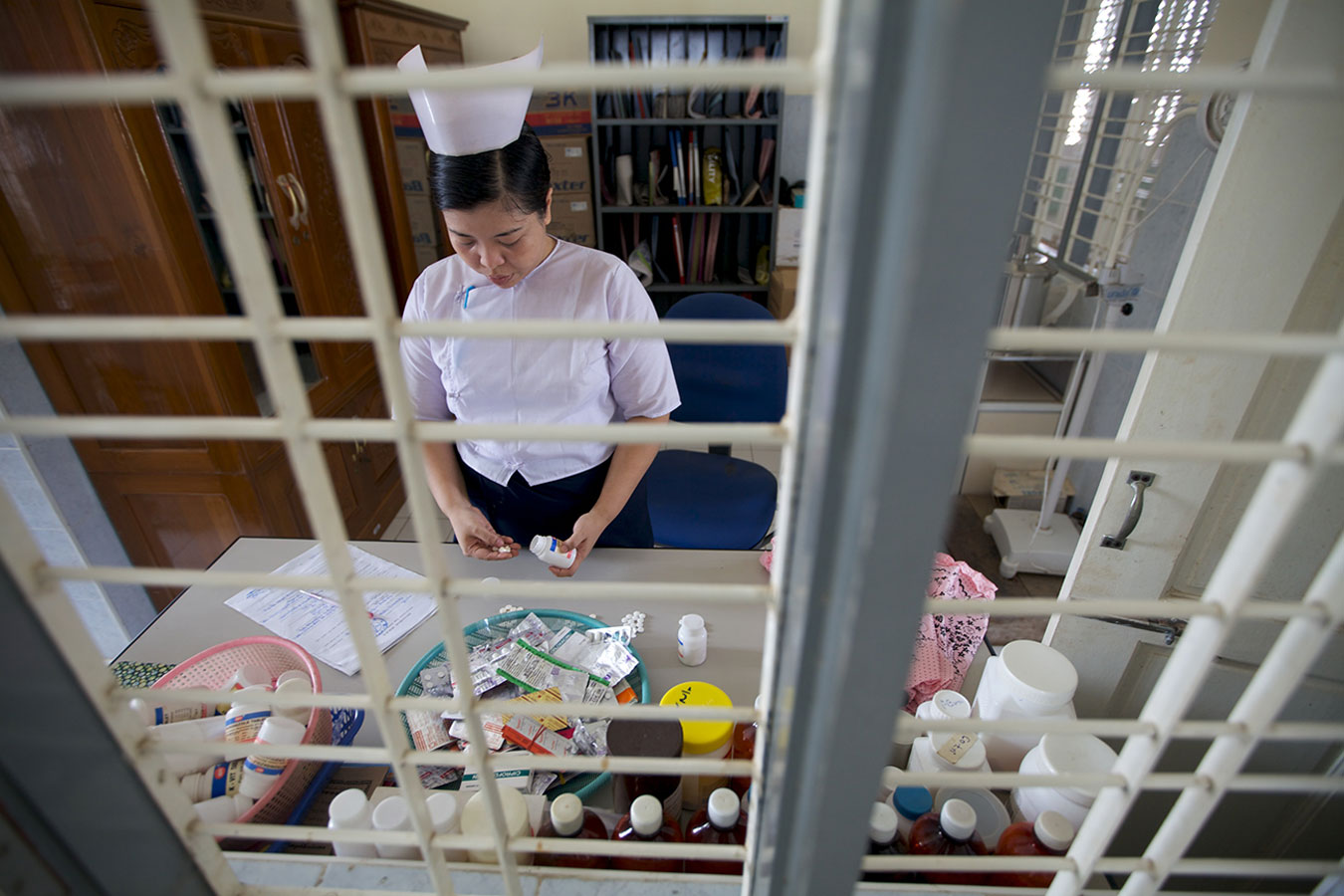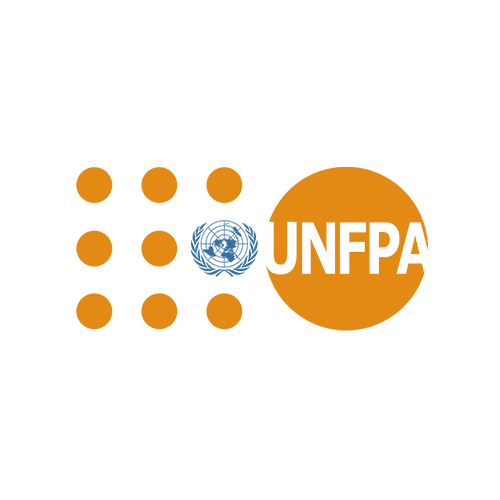Every year, 2,800 women in Myanmar die from pregnancy and childbirth-related complications. These deaths are largely unreported because they take place far from public health facilities, within the walls of families’ homes.
Many women in the remote Mrauk U area of Myanmar choose not to seek treatment from professional health providers except for in emergency situations. Instead, they rely solely on sexual and reproductive health services that exist within their own communities. This results in some people waiting to seek treatment from professional health providers until their symptoms become unbearable or life-threatening. Or, women seek care from local practitioners with varying degrees of informal training – or none at all.
In Myanmar, the mortality ratio (the number of women who die in pregnancy and childbirth) is 282 for every 100,000 live births. This is more than twice the average for Southeast Asia.
Most maternal deaths can be prevented through cost-effective interventions such as the presence of skilled birth attendants during deliveries, emergency obstetric care, and access to safe spaces for delivery. By outfitting mobile clinics, Relief International teams are working to deliver sexual and reproductive health services directly to communities who otherwise would not seek these services. These mobile clinics rotate on a regular schedule to deliver high-quality health services to 45 villages across Mrauk U. Given the challenges of accessing these villages, services are delivered in coordination with existing facilities and services to ensure vulnerable communities are covered under this program.
In an effort to standardize patient care, our teams on the ground provide regular trainings for the staff operating our mobile clinics as well as those in traditional clinics. Topics in these trainings include antenatal care for safe delivery, early diagnosis for breast and cervical cancer, support for exclusive breastfeeding, equipping women with delivery kits for homebirths, conflict sensitivity, and patient confidentiality.
For emergency obstetric cases, Relief International provides patients with pathways to the nearest health facility using our existing referral support system established through Access to Health, a fund dedicated to improving health services in underserved communities in Myanmar, particularly in conflict-affected settings.

